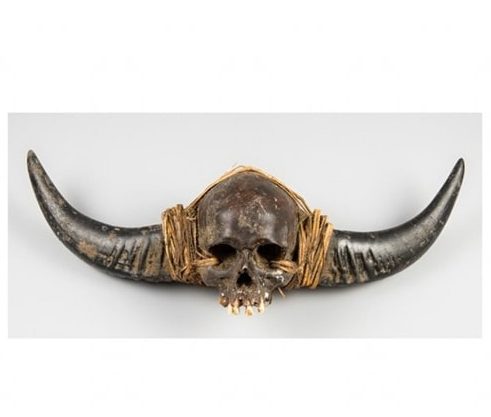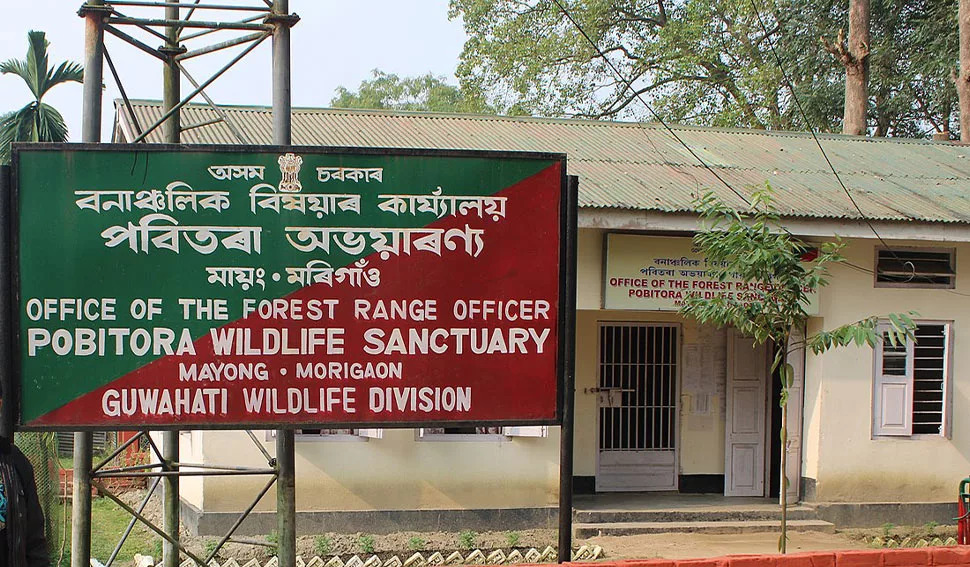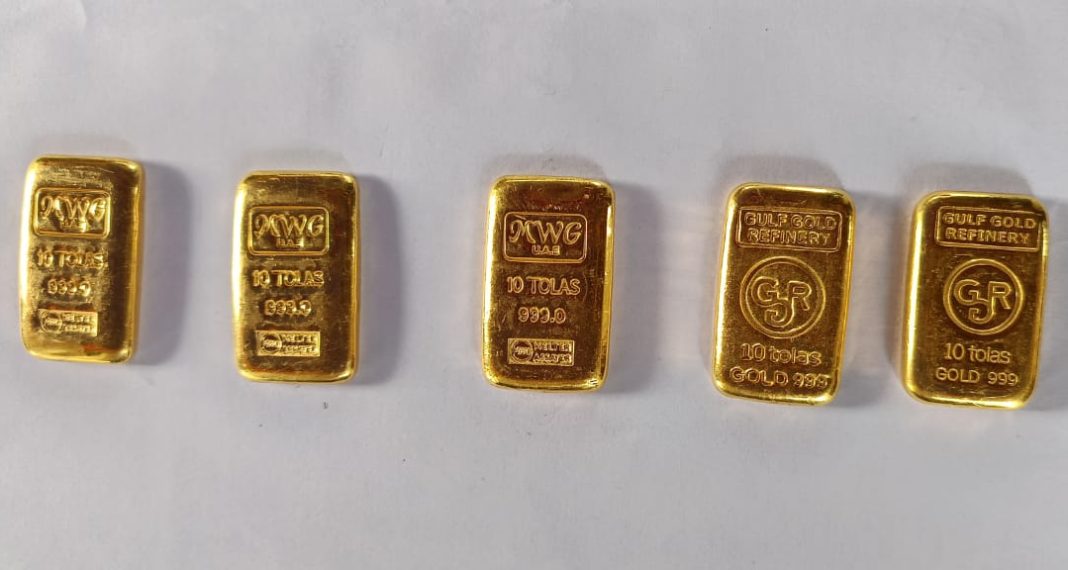London, Oct 9: A UK auction house has withdrawn a ‘Naga Human Skull’ from its lots for a live online sale on Wednesday following outcry in India over the issue.
The Swan auction house at Tetsworth in Oxfordshire had a series of skulls and other remains originating from around the world as part of ‘The Curious Collector Sale, Antiquarian Books, Manuscripts & Paintings. The ‘19th Century Horned Naga Human Skull, Naga Tribe’ was slotted as Lot No. 64 and resulted in protests in Nagaland, led by Chief Minister Neiphiu Rio who sought the intervention of External Affairs Minister S Jaishankar to stop the hurtful sale.
Tom Keane, the owner of the auction house, said the Naga skull was withdrawn in order to respect the feelings of all those involved.
“We listened to the views expressed and even though it was legal to proceed with the sale, we decided to withdraw the lot as we did not want to cause anyone any upset,” said Keane, proprietor of The Swan in Tetsworth.
“The news of the proposed auction of Naga human remains in the UK has been received by all sections in a negative manner as it is a highly emotional and sacred issue for our people. It has been a traditional custom of our people to give the highest respect and honour for the remains of the demised,” said Rio in his letter.
He urged the external affairs minister to take up the matter with the High Commission of India in London so that steps are taken to ensure that the auction of the skull can be stopped after the Forum for Naga Reconciliation (FNR) raised concerns over the matter.
“This piece would be of particular interest to collectors with a focus on anthropology and tribal cultures,” reads the description of the auction lot, listed for an opening bid of GBP 2,100 (Rs 2.30 lakh approximately) with the auctioneer’s estimate expecting it to fetch as much as GBP 4,000 (Rs 4.39 lakh approximately). Its provenance is traced back to the collection of 19th century Belgian architect Francois Coppens.
The FNR asserted that the auction of the human remains contravenes Article 15 of the United Nations Declaration on the Rights of Indigenous Peoples (UNDRIP), which says: “Indigenous Peoples have a right to the dignity and diversity of their cultures, traditions, histories and aspirations which shall be appropriately reflected in education and public information.”
The FNR then contacted the auction house directly to condemn the sale and to call for the object to be repatriated to Nagaland. The auctioneers have said they would pass on any formal repatriation request to the owners of the item, which is part of a private collection.
The organisation is said to be one of many groups from across the world that is currently in dialogue with the Pitt Rivers Museum in Oxford about artefacts held in the museum’s collection.
Laura Van Broekhoven, director of the museum, was alerted by the BBC that human remains of Naga, Shuar, Dayak, Kota, Fon, Vili people and other communities in Papua New Guinea, Solomon Islands, Nigeria, Congo, and Benin were being auctioned.
“We are relieved to hear that the auction house has now removed all human remains from today’s sale and hope that the widespread comments and criticism from communities around the world have demonstrated that the sale of ancestral remains is offensive and unacceptable,” Professor Van Broekhoven said in a statement.
She added: “As an institution that stewards many human remains, we are conscious of the hurt and pain the removal of human remains has caused to communities across the globe, and to see human remains being put on auction is extremely painful and disrespectful to Indigenous People who consider their ancestors should come home to rest.
“It is highly unethical to auction the remains of ancestors of communities which were taken without the consent of those communities. This continues the harm that started during colonial times (where our museum has its foundations) and it leads to outrage and sadness among communities that today continue to live under very difficult circumstances.
“For many communities, it seems inconceivable that while ivory and bird eggs are protected from sale, their ancestral remains are not.” (PTI)




